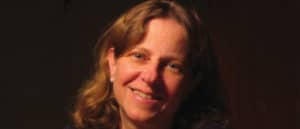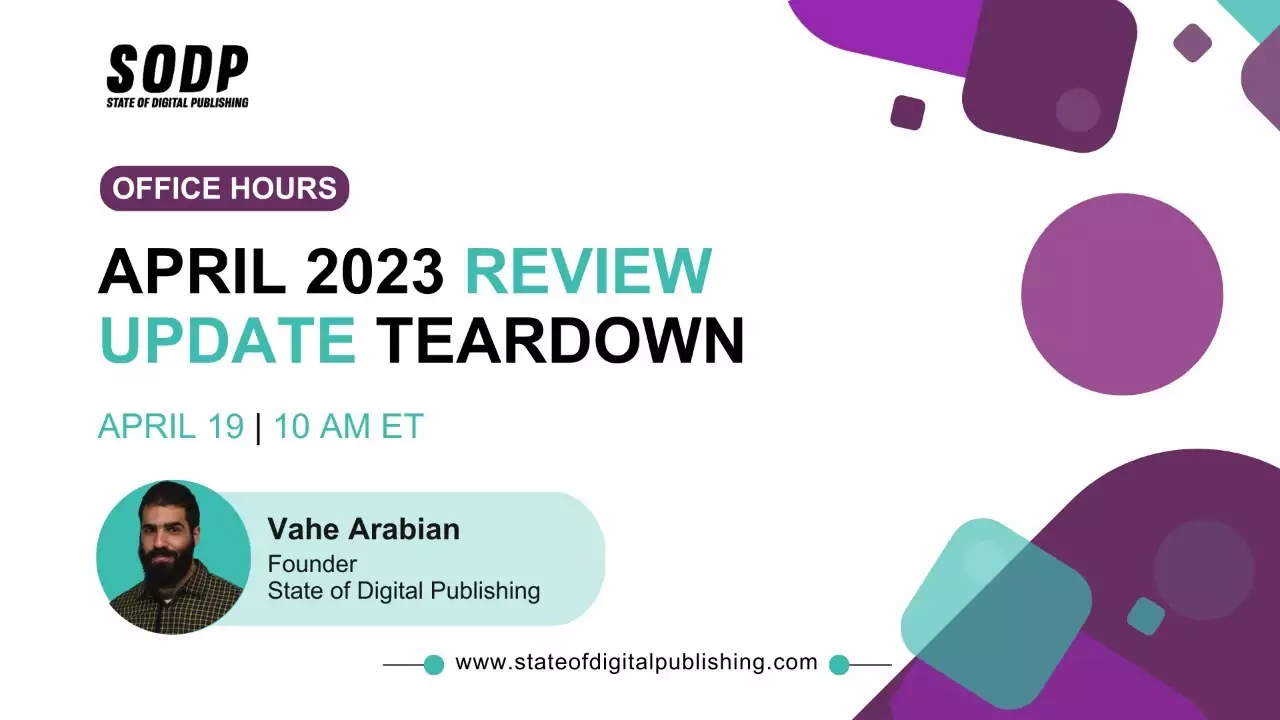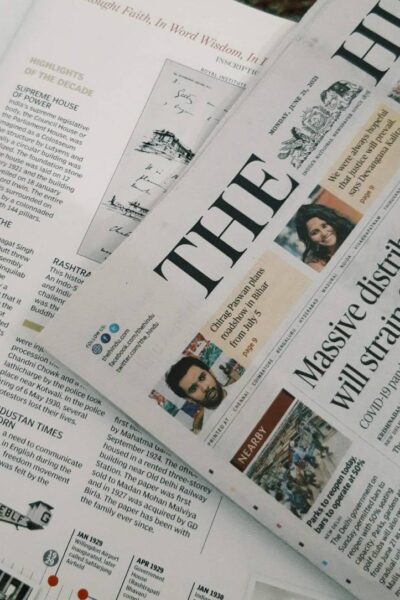Victoria Mixon has been a professional writer and editor for over thirty years. She is the author of the Art & Craft of Writing series, including Art & Craft of Writing Fiction: First Writer’s Manual and Art & Craft of Writing Stories: Second Writer’s Manual. She is listed in the Who’s Who of America and has taught fiction through Writer’s Digest and the San Francisco Writers Conference. Mixon has just published a free new ebook, Art & Craft of Writing: Secret Advice for Writers, through which you can join her email list and get your free copy of Art & Craft of Writing: Favorite Advice for Writers. She works as an independent editor through her blog at http://victoriamixon.com and can be found on Twitter at @VictoriaMixon.
What led you to start working in digital/media publishing?
My husband. We were both tech writers and editors in the computer industry, and when my tech contract work disappeared after the 2008 crash—contracted overseas—he suggested I start a blog about everything I know about fiction and become a fiction editor. After thirty years as a writer and editor, it seemed like a reasonable idea.
I spent years building my blog, taking my lifelong study of fiction in-depth so that I could teach to writers the secrets of the greats. I wanted to be teaching things no one else was teaching.
I learned so much!
It’s amazing how much of this craft has been developed over the past 150 years—the techniques and tricks of structure, characterization, prose and especially reader needs. Most of those techniques and tricks are now being lost, as aspiring writers attempt to become professionals without first becoming apprentices to the work. Too many just assume that what they see on the page is all there is to fiction.
That’s not all there is to fiction.
That’s only the surface. The real work is subterranean.
What does a typical day look like for you?
I answer email first. I generally have queries waiting for me. And I often have negotiations in process with prospective or returning clients, especially as I spend a little time with each one discussing their expertise in writing and their subject matter before deciding on the project. I’m unfortunately able to accept only a fraction of the projects with which I’m queried, so I have to make sure each one is a project I believe in.
Once I’ve cleared the decks, I can begin work with that day’s client.
If I’m doing a Developmental Edit, we’re generally in mid-stride trading emails on a wide variety of issues regarding their manuscript—delving into the needs of the protagonist, brainstorming plot ideas, creating supporting characters, and developing the plot into a scene-by-scene outline. It’s all great fun, and we become good friends.
A wonderful way to spend the day!
If I’m doing a Copy & Line Edit, I work much more on my own. I only do those edits on manuscripts on which I’ve first worked with the clients to make sure the stories are properly developed. I don’t want to take someone’s hard-earned money to polish manuscripts that still need to be rewritten.
So by the time I do a Copy & Line Edit, I already know the story pretty well. That’s also wonderful work: polishing scenes in which I can see what my clients intend and help them shape the language with all the invisible techniques of prose.
This is the process of turning brilliant ideas into professional writing that will captivate readers.
What’s your work setup look like?
I work in Word. I’ve worked extensively with a lot of editors—WordPerfect, Framemaker, Leaf, obscure technical editors. But Word is the publishing industry standard.
I don’t bother with apps or other tools. I’ve been writing novels since the 1970s. I know how they go together.
What do you do or go to get inspired?
Read.
I don’t read much modern fiction. So much of it, these days are going straight to press without being edited at the publishing houses—ever since Black Wednesday of December 2008. But I am constantly reading classics and the great genre authors of the first half of the twentieth century.
This summer I’ve read two books by the great poet W.S. Merwin about his life as a writer in France in the 1960s, The Lost Uplands and The Mays of Ventadorn (exploring the French troubadour tradition), beautiful and inspiring. And I’ve begun reading World Writers by William R. Richardson, published in 1936, a pretty complete education in the history of literature.
My specialty is the mystery genre, and I teach most of its techniques for all fiction. So I have a vast collection of genre mysteries, everything from Poe, Wilkie Collins, Gaboreau, and Van Gulick’s anglicized Chinese mysteries (which date back to the 600s), up to Ngiao Marsh in the early 1980s.
I’ve emptied the secondhand bookstores of the North American West Coast of their genre mysteries. Just yesterday I picked up in a little secondhand store on a remote Canadian island the obscure British noir He Died With His Eyes Wide Open by Derek Raymond.
What’s your favorite piece of writing or quote?
I have hundreds of great writing quotes, which I preschedule to post on Twitter. Here are a few of my recent favorites:
Bad writing is destroying the quality of our suffering.—Tom Waits
The humorist is a philosopher who breaks the sad news gently because they are so sorry for the world.—Don Marquis
If a ghost rides my way, it stops right here or it goes under to hell.—Melville Davisson Post.
What is the passionate problem you are tackling at the moment?
Fake “editing.” The Internet has in recent years become awash in fake editors, people who don’t know how to edit and don’t have any professional experience but would like very much to ride the gravy train of self-publishing. These people underbid real editors, proving the eternal maxim that you get what you pay for.
Writers, do your due diligence!
Research thoroughly anyone you consider hiring. Do they have a professional background in editing? Do they have excellent client testimonials from published authors? Can they prove to you inexpensively or free—on their blog or in their books—that they know important things that you don’t know about fiction and writing?
Busy editors don’t have time to do free sample edits or discuss this work exhaustively one-on-one with prospective clients, but we certainly can publicize our credentials and, even more importantly, the proof of our expertise.
Cheap editors are worse than no editors at all, as they’ll take your money and either make no real difference or actually introduce errors to your manuscript. And you’ll have no recourse. That’s money you will never see again. I am frequently shown those manuscripts, and I hear the horror stories.
I can only repeat: do your due diligence! Expect to pay for what you get.
Is there a product, solution or tool that makes you think it is a good design for your digital publishing efforts?
My books. I try to provide the fundamentals of my work inexpensively for those who can’t afford my editing. I have a series: Art & Craft of Writing.
Content from our partners
Art & Craft of Writing Fiction and Art & Craft of Writing Stories discuss at length what this work is all about and how to do it, revealing most of my best techniques and tricks.
I have a free ebook, Secret Advice for Writers, which you can get through my blog or on Amazon.
And I have another ebook, Favorite Advice for Writers, which you can get free when you join my email list. (Or you can buy it.)
You can find information about all of these through my website.
I also have my blog. There is years’ worth of in-depth posts on every aspect of creating fiction, including my study of the greats. Feel free to browse or use the search function. Even I don’t know anymore what all is there.
Any advice for ambitious digital publishing and media professionals just starting out?
In a word: quality.
If you’re going to do it, do it right. Take the time to learn your craft. Even a plumber must go through an apprenticeship, and becoming an author is no different. Find mentors you can trust, and then listen to them. Spend your money on the best possible editing and best possible graphic design. Take everything you find on the Internet with a grain of salt until you can prove to yourself that it’s valuable.
If you want to earn money at this work, be a professional about it. Or else do it free just because it’s truly a wonderful way to spend your time.
Always do what you love with your life. If writing isn’t what you most love in the world, then go find that and do it instead. But if writing is what you most love in the world, throw yourself into it, seek the joy, be grateful for the opportunity to live your life this way—and you’ll find the quality.












